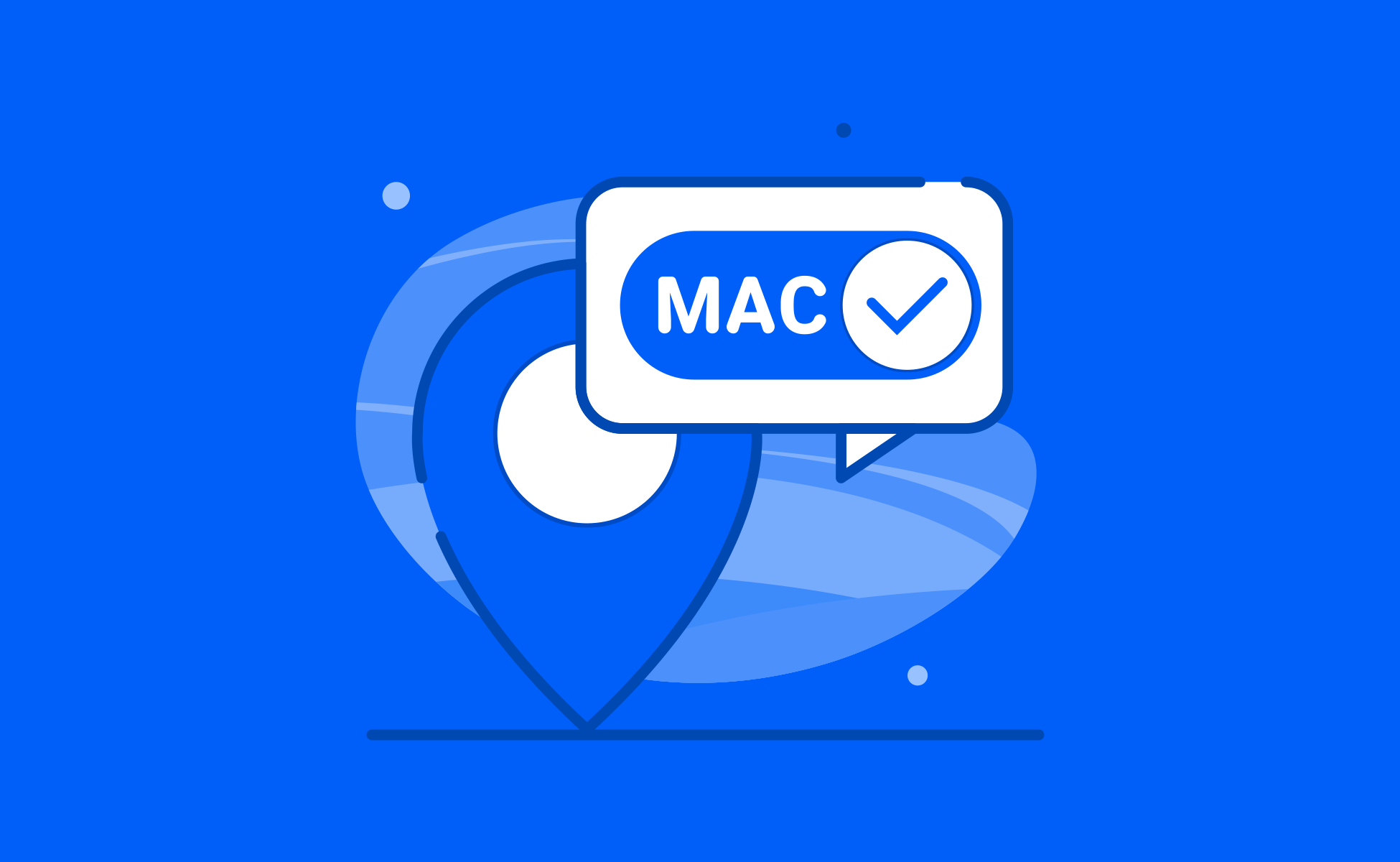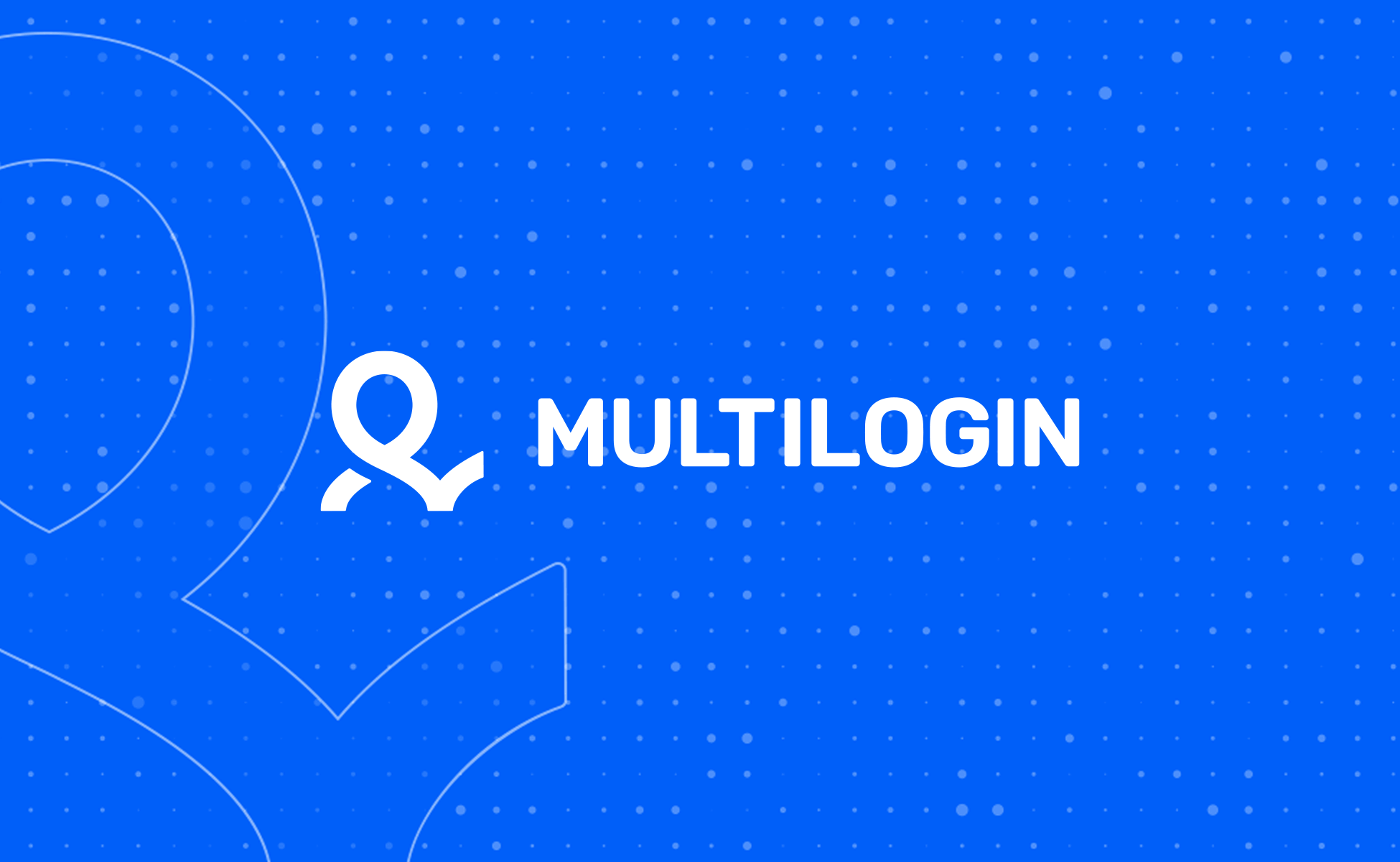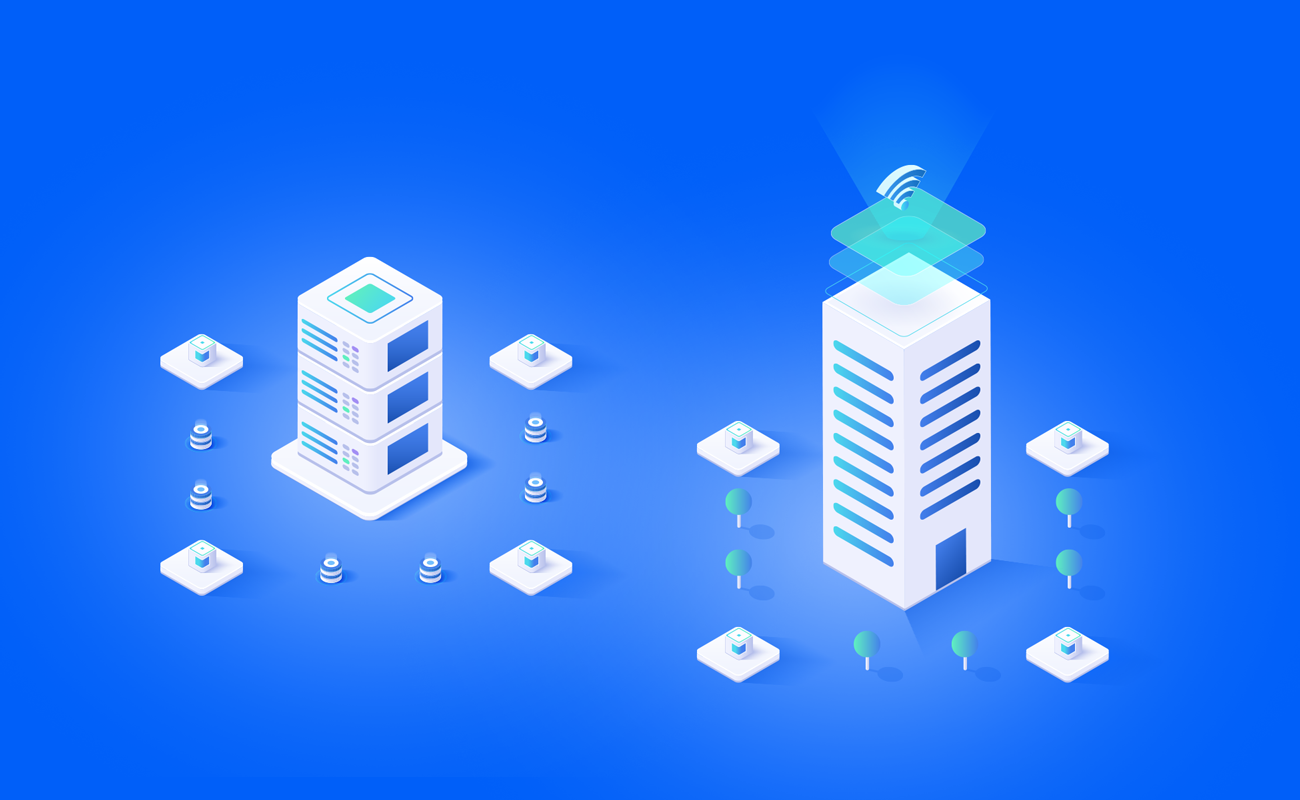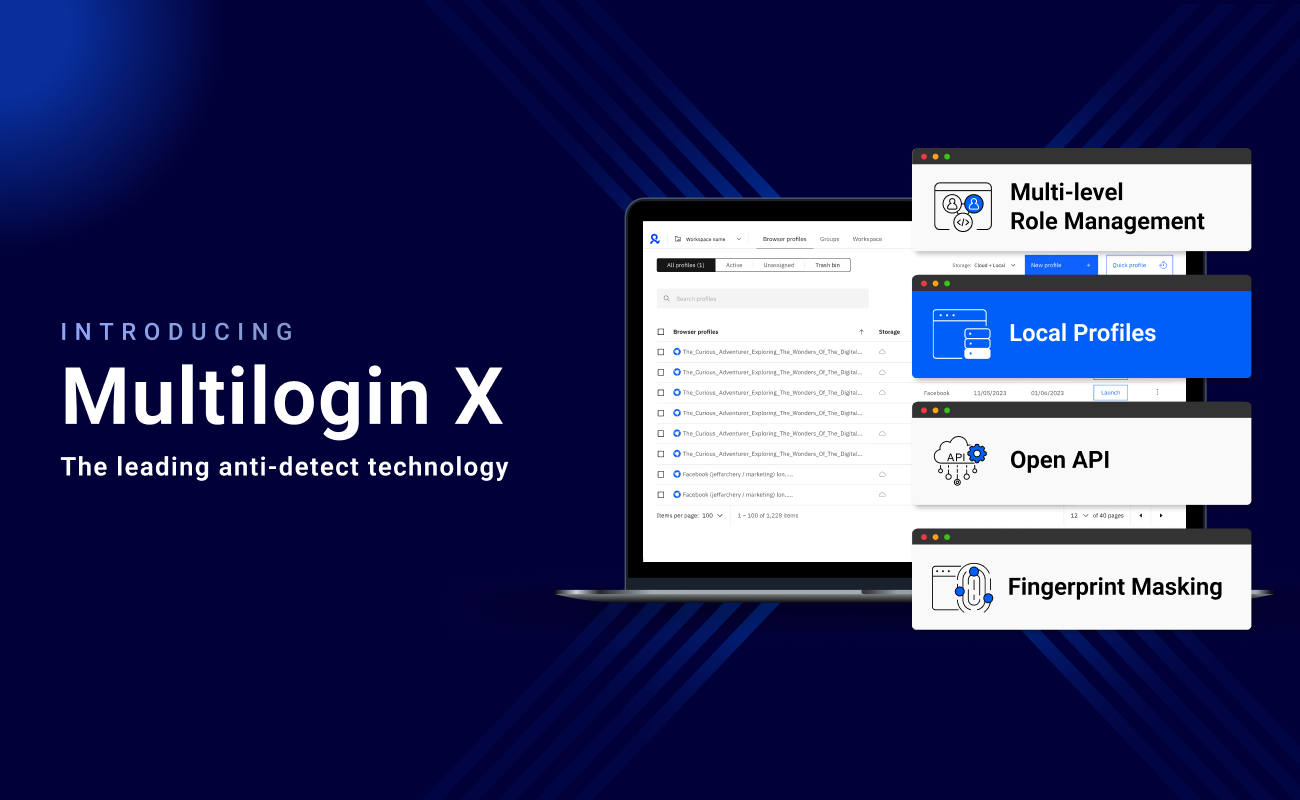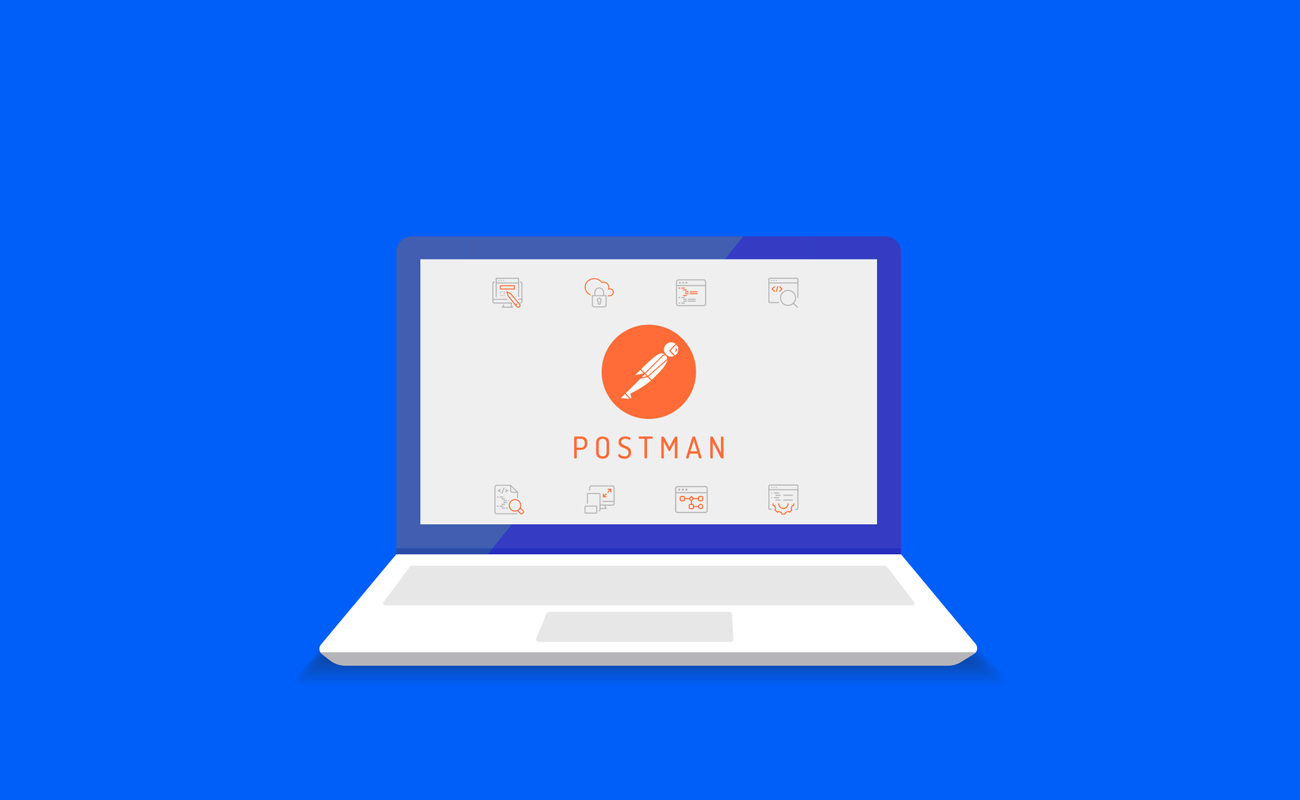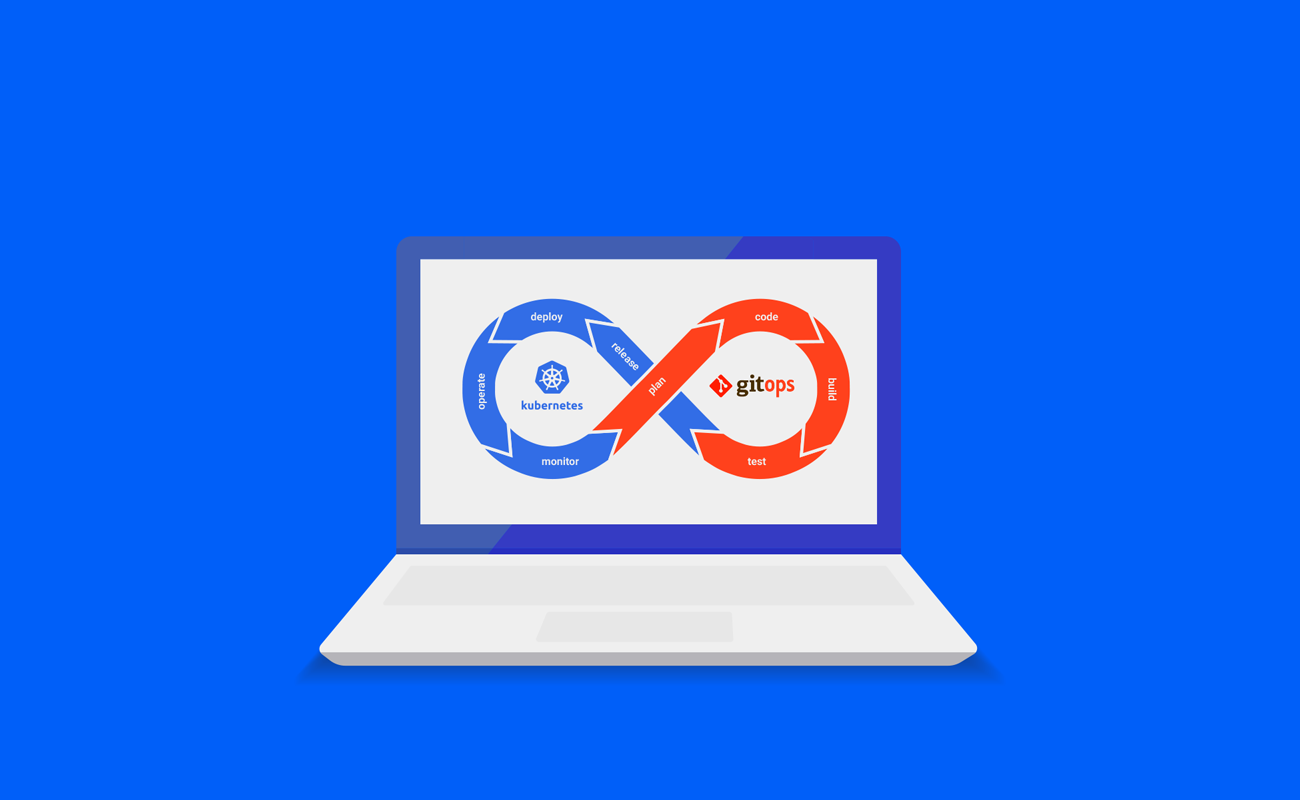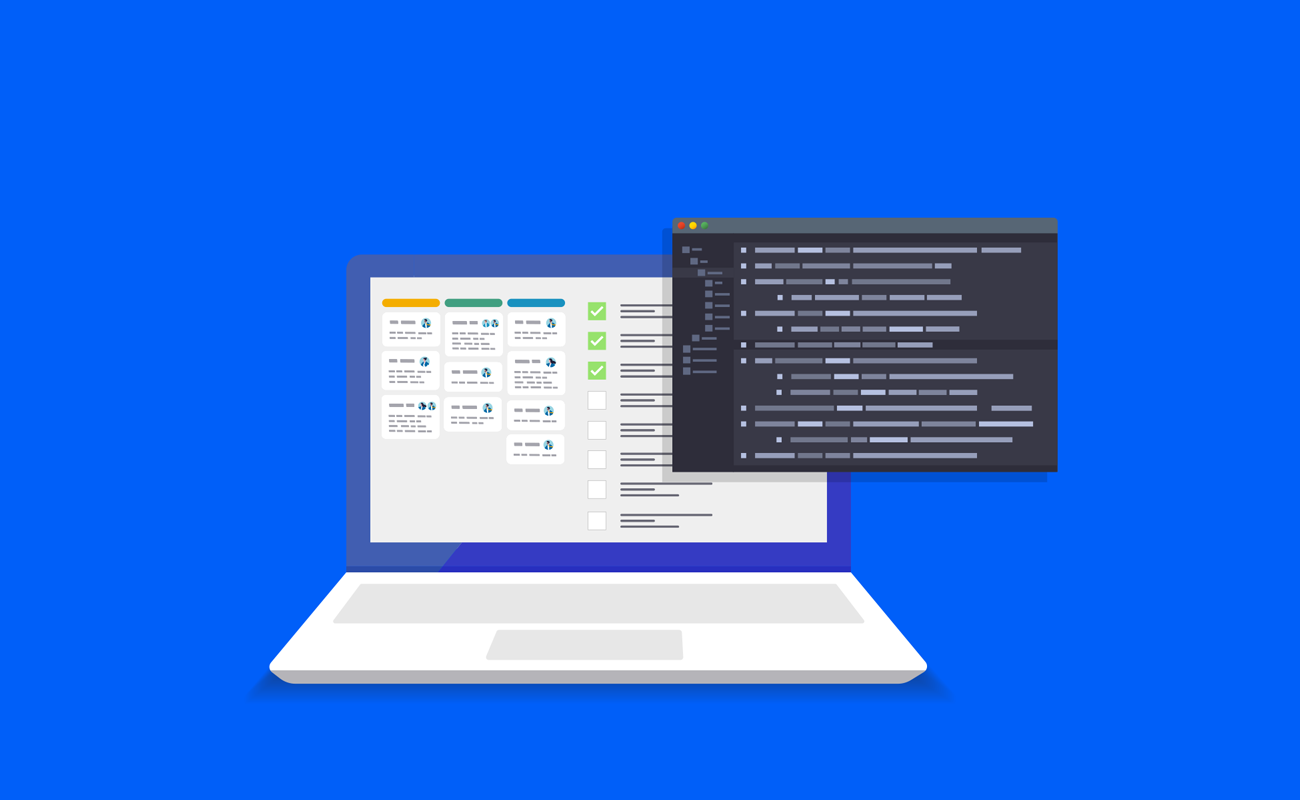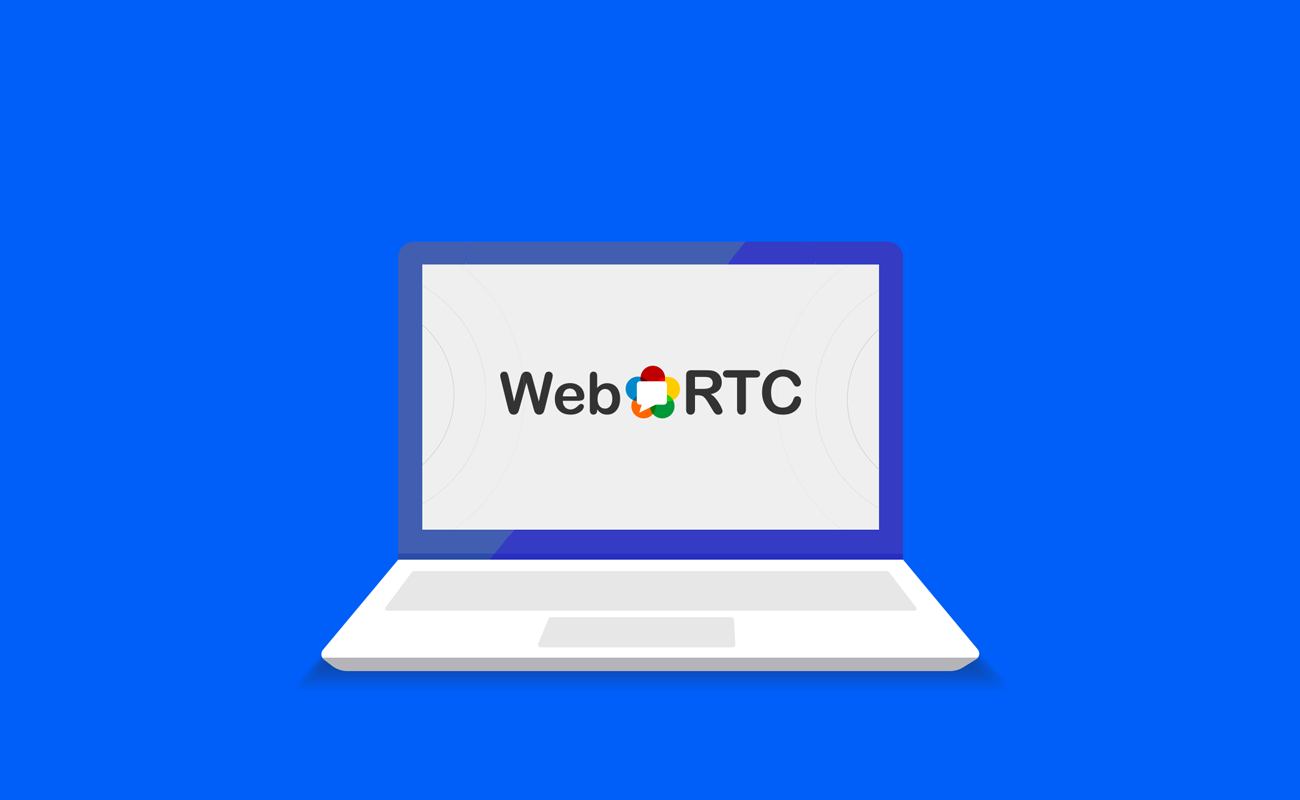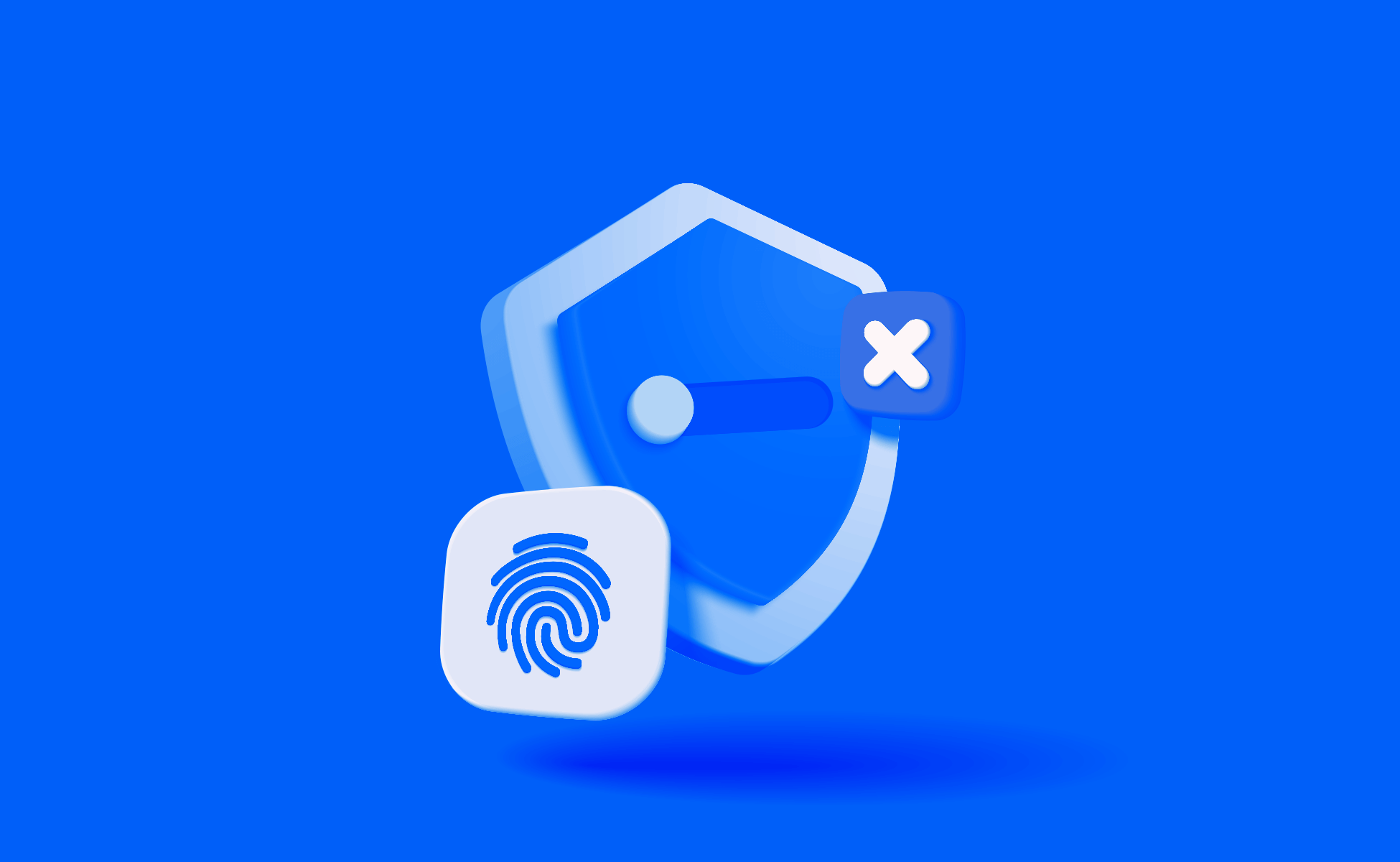
What is the best proxy for your business?
OCTOBER 26, 2022 | ACCOUNT MANAGEMENT
We all know that the winning combination for avoiding bans in a multi-account business is an antidetect browser like Multilogin paired with a trustworthy proxy solution. But what kind of proxy can be considered reliable? Let’s explore different options and find out.
Decoding proxy choices
To crack the code and run accounts from a single device without being banned, one has to wear many hats. When websites try to track you down, proxies become your most loyal companions. It is a proxy that helps you complete your disguise by masking your IP address and IP-dependent data.
In most cases, the goal of using a proxy is to seamlessly blend in as a regular user on the web. By leveraging a proxy, you can mask your true identity, effectively simulating natural browsing behavior and avoiding detection.
The question is: how “genuine“ do you want to appear on websites? It's all about finding the right proxy type that aligns with your project goals. The level of authenticity you need will largely determine the perfect proxy choice.
The golden trio: residential, mobile and datacenter proxies
Residential proxies
Residential proxies let you browse the web with IP addresses that belong to real internet service providers, just as if you were connecting from your own living room.
Benefits
Your traffic is routed through real residential IP addresses, making it difficult for websites to detect you and helping to maintain anonymity.
Residential proxies align with the behavior of regular users, ensuring your account activities, such as scrolling through social media or visiting online stores, appear legitimate and trustworthy.
IP rotation allows you to switch between different IP addresses at regular intervals – which makes it harder for websites to track and link multiple accounts to the same user.
Limitations
Residential proxies generally come with a higher price tag compared to other proxy types.
While they offer authenticity, their reliance on real ISPs may result in slightly slower speeds and limited availability.
Mobile proxies
Mobile proxies, also known as 4G proxies, are IP addresses assigned to mobile devices connected to cellular networks.
Benefits
In terms of authenticity, mobile proxies are comparable to residential ones: you would appear as a regular user accessing the internet from a mobile device.
Leveraging the speed and reliability of mobile networks, such proxies provide a high-performance browsing experience.
Mobile proxies also provide access to a wide range of geolocations, allowing you to access region-specific content, services, or marketplaces.
Limitations
Network stability of mobile proxies may be subject to the quality and coverage of mobile networks, which can vary depending on location.
Some websites may have stricter access controls or restrictions for mobile IP addresses, leading to limitations or challenges when accessing certain content or services.
Datacenter proxies
Datacenter proxies are connected to bulk datacenters and cloud hosting sites, as their name implies.
Benefits
Datacenter proxies offer impressive connection speeds, enabling very efficient browsing.
Being more affordable compared to other proxy types, they are an economical choice for various online activities.
Datacenter proxies are readily available in bulk, allowing for easy and quick setup, especially when managing multiple accounts or large-scale operations.
Limitations
Datacenter proxies do lack authenticity since they are not associated with real ISPs or mobile connections.
Due to their ease of acquisition and association with potentially dubious activities, they often have a questionable reputation and may raise suspicions on online platforms.
Ethical proxy sourcing
When it comes to proxy sourcing, not all proxies are created equal. It is critical to distinguish between ethical and unethical actions, not just for personal satisfaction but also for preventing account bans.
Residential proxies need the homeowner's express consent to use their IPs, especially when used with physical devices. This consent is often secured by taking part in reward programs, and it is an obvious sign of a trustworthy vendor who is committed to ethical business practices.
To effectively stop their proxies from being used for bad reasons or actions that violate the terms of service of websites, datacenter proxy providers must have powerful tools to monitor and enforce use regulations. It is crucial to obtain proxies from reputable providers and datacenters that follow legal and industry standards to prevent IP address blocks, which may lead to account restrictions.
Mobile proxies offer another avenue for sourcing, typically through formal agreements and partnerships with mobile network operators. These contracts clearly authorize the use of their IP addresses for proxy services, establishing a legitimate and open framework. Avoiding unlawful acts like unauthorized SIM card sharing, device hijacking, or illegally using susceptible mobile devices without the owners' knowledge or agreement is a key component of ethical sourcing methods.
Building trust becomes the cornerstone of every successful proxy-based activity, guaranteeing that the IPs used are not blacklisted and do not cause large platforms like Facebook or Amazon to raise an alert.
Your use case is the answer
Now that you know all the tricks to choosing the optimal proxy type, think about your strategy and the goal of your project. Do you plan to manage multiple social media accounts? Then you're looking for residential proxies that are authentic and of good quality. Need a more affordable option? You might want to consider mobile proxies, which often work just as well. Finally, datacenter proxies may be the best option if your project involves activities like web scraping or ad verification.
While we provide general ideas, it's crucial to conduct your own testing and explore the topic independently to come up with the best solution. Once you are ready, head over to Multilogin for the most advanced antidetect technology!
